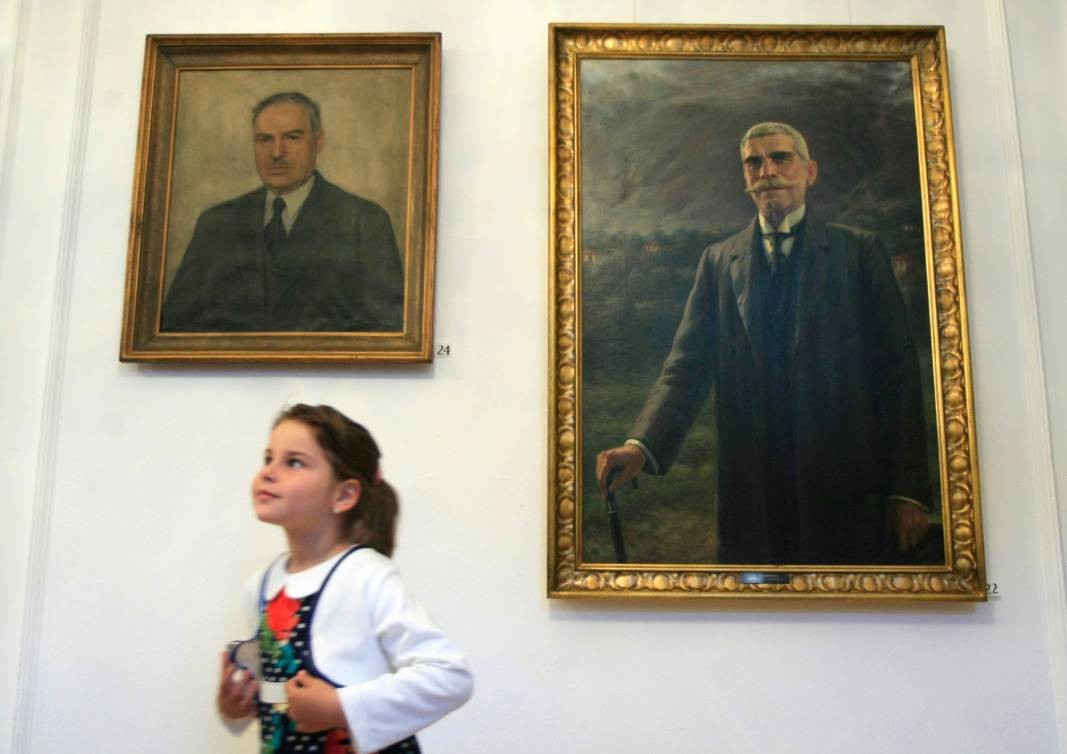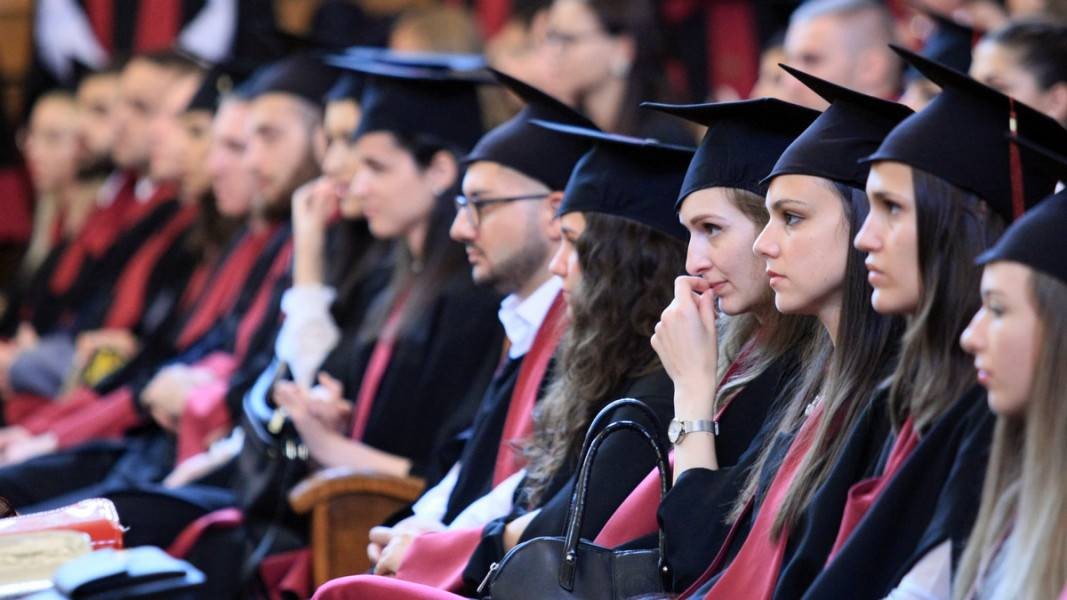


The Symphony Orchestra of Vratsa – Simfonieta, has become a haven for violinist Alena Chekhova. She was born in the Russian city of Tyumen /Western Siberia/, raised in Ukrainian Crimea and lived in Moscow for more than 10 years, where..
European Days of Artistic Crafts are starting today in Bulgaria's Antonovo . The motto of this year's edition is "The Golden Thread", which is why it will begin with workshops on wool felting. Every day until the end of the week, residents and..
Writer Kalin Terziyski will present his collection of short stories "Is Anyone There to Love You?" at the Bulgarian Cultural Institute in Berlin on April 1. The book, translated into German by Elvira Bormann, tells of life in a city full of mystery,..

+359 2 9336 661
